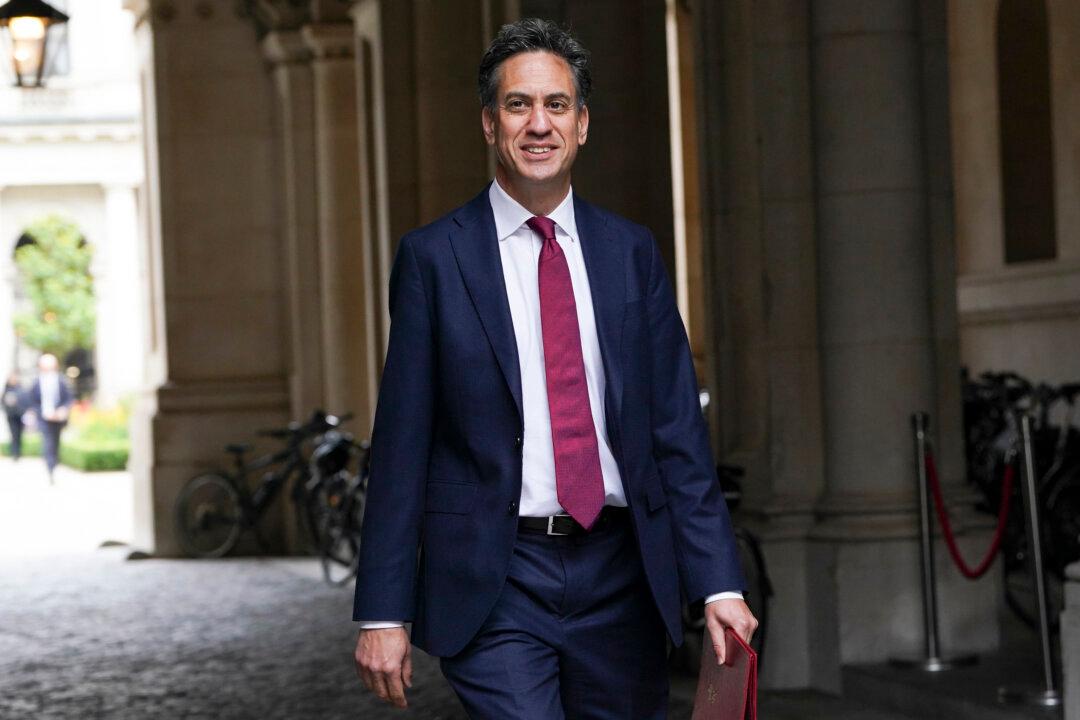Ed Miliband has green lighted a solar farm project in England despite alleged risks of Uyghur forced labour.
The Mallard Pass Solar Project was one of the three projects that were approved on Friday by Mr. Miliband, the new secretary of state for energy security and net zero.





